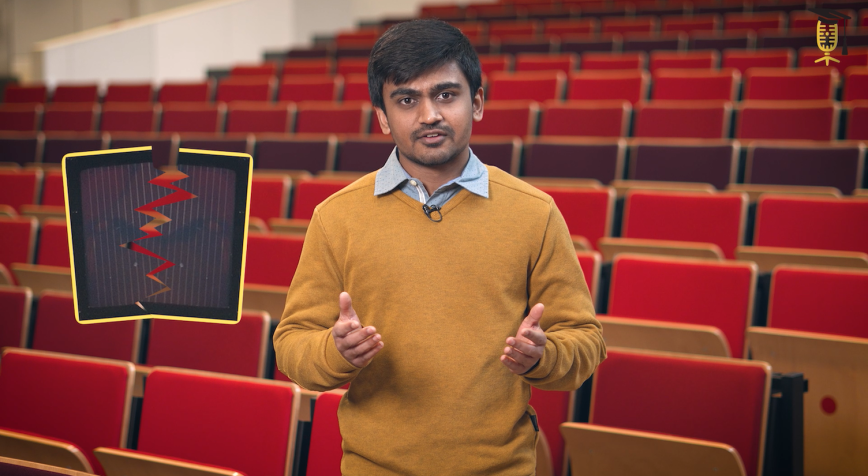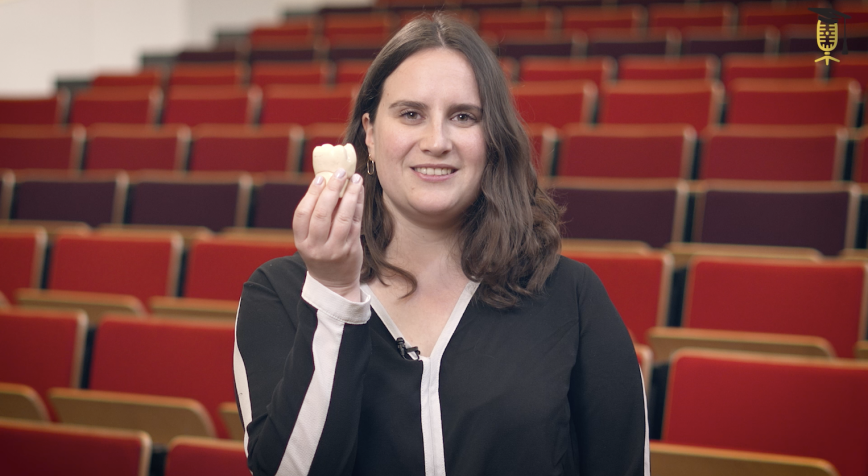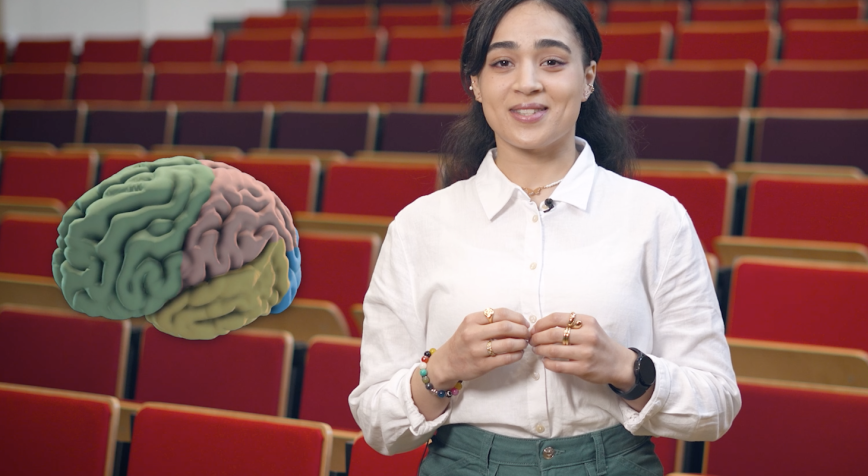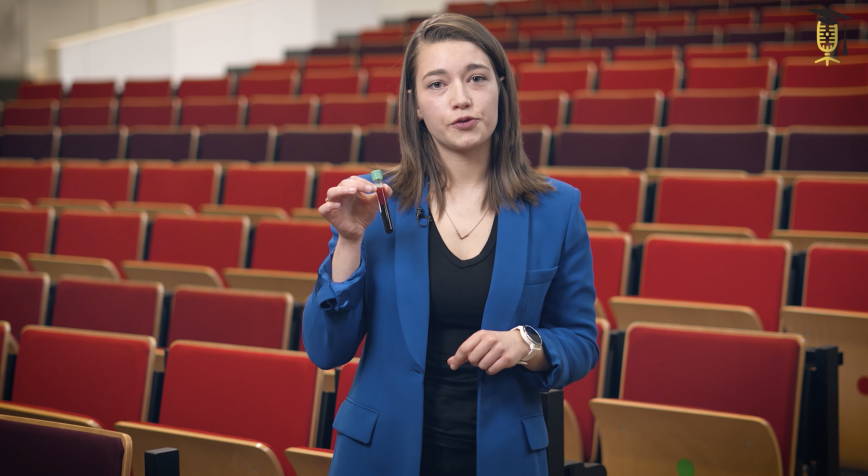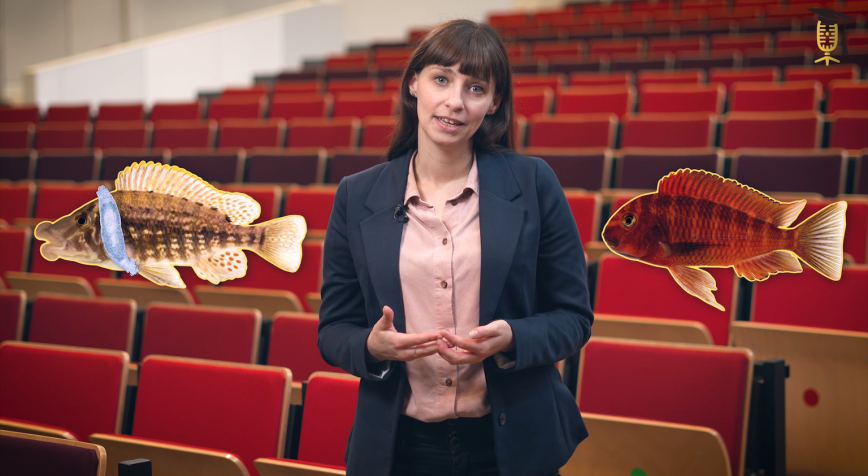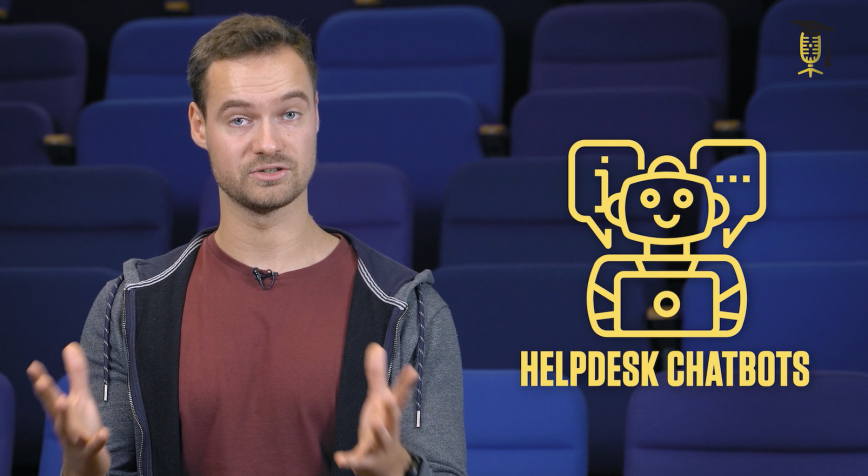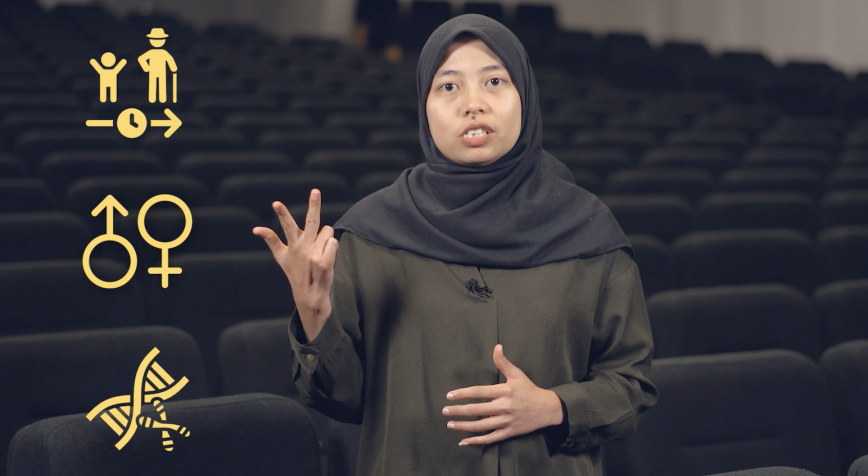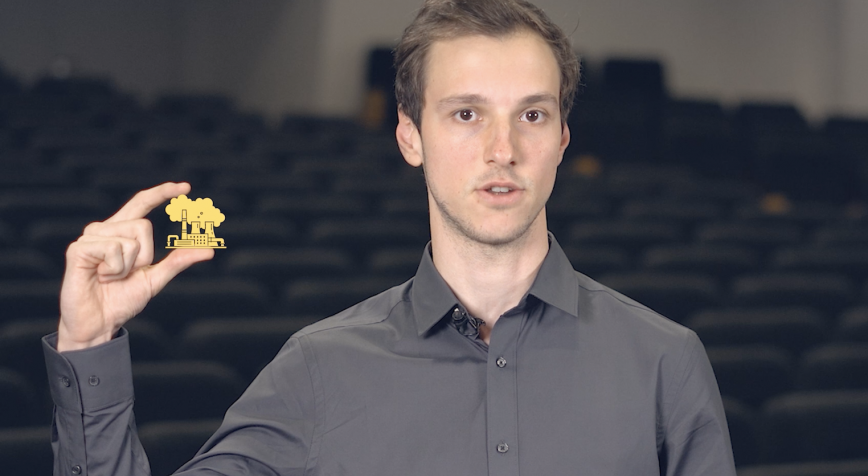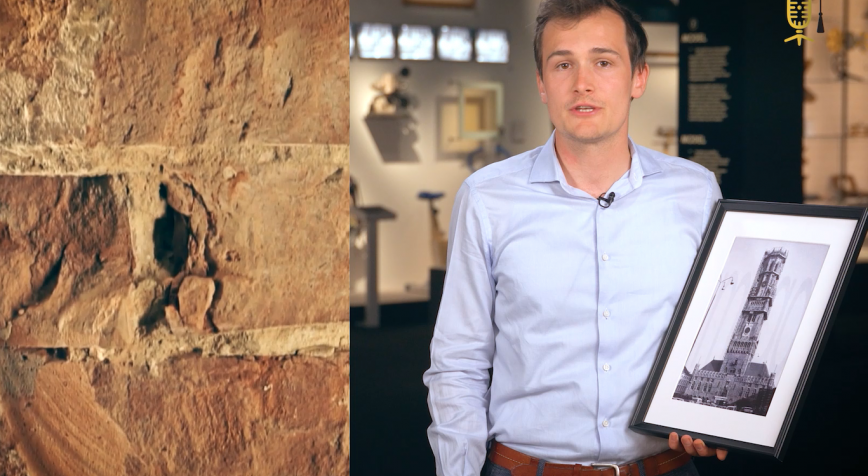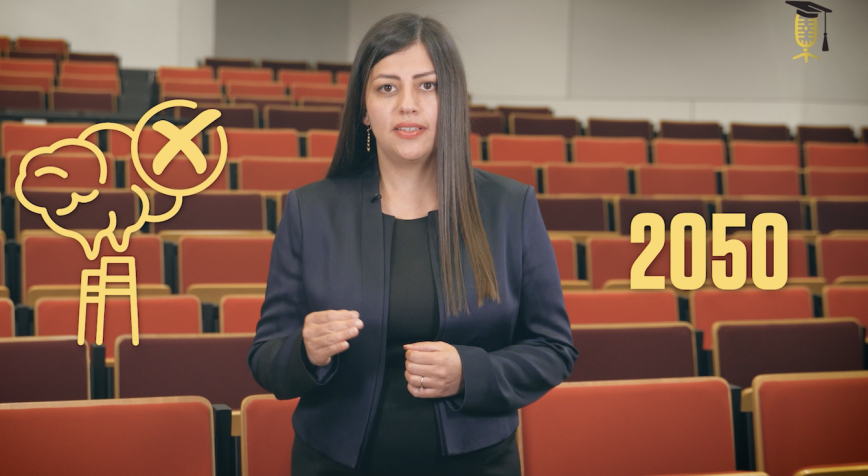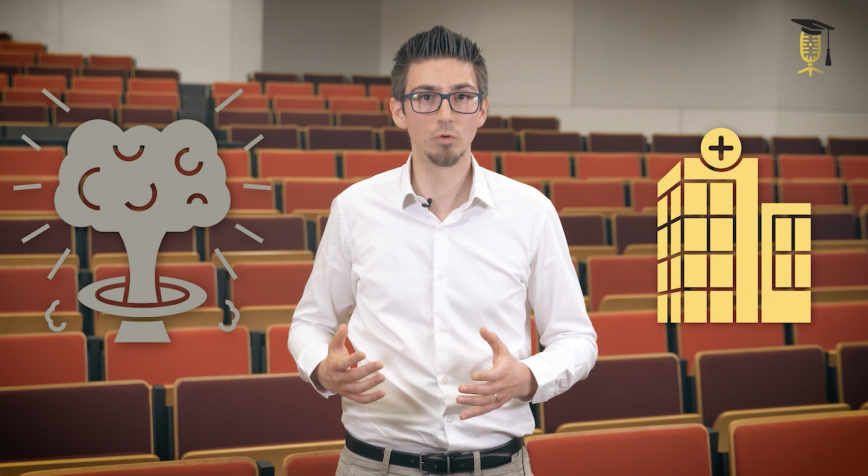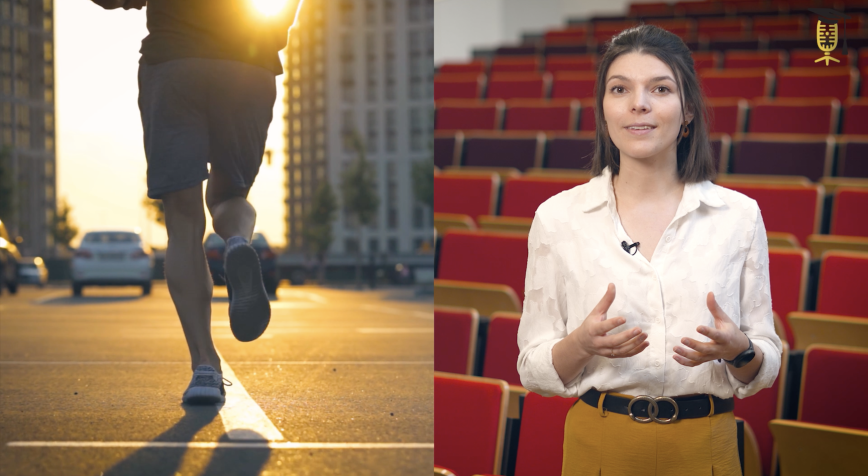
UHasselt
Train your immune system and live to be 100 years old
Did you know that exercising is not only good for your health, but also has a positive impact on your immune system? Only scientists don't know exactly why. Lena Fonteyn dives deeper into the mystery of myokines - substances your muscle cells produce during exercise. "If we can unravel this secret, we can help you train your immune system and maybe reach 100 in a healthy way!"
